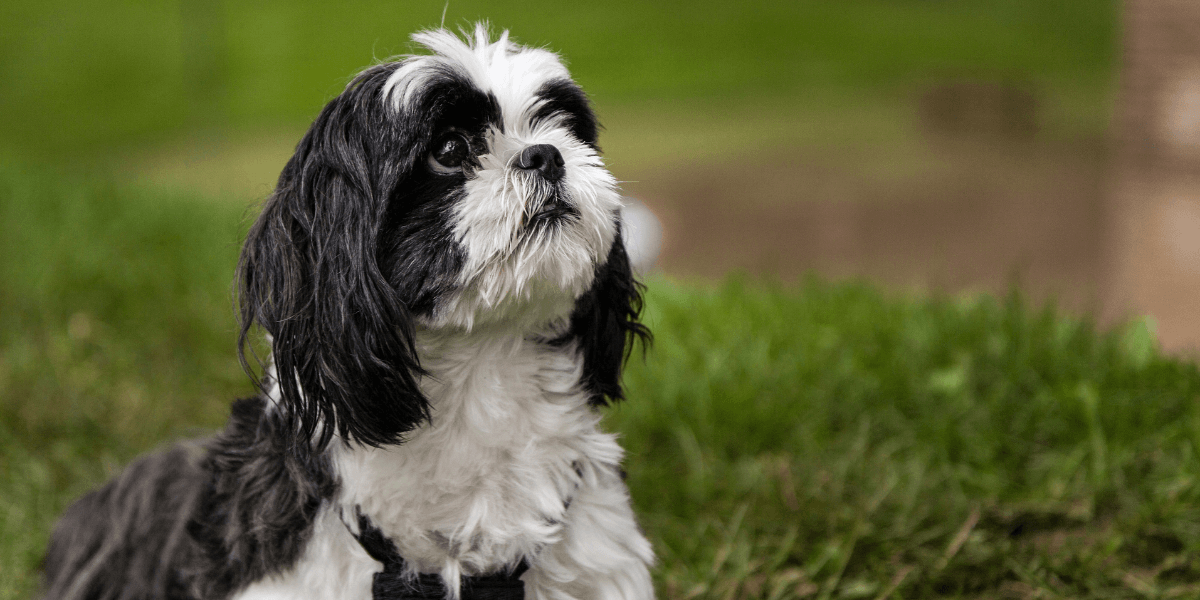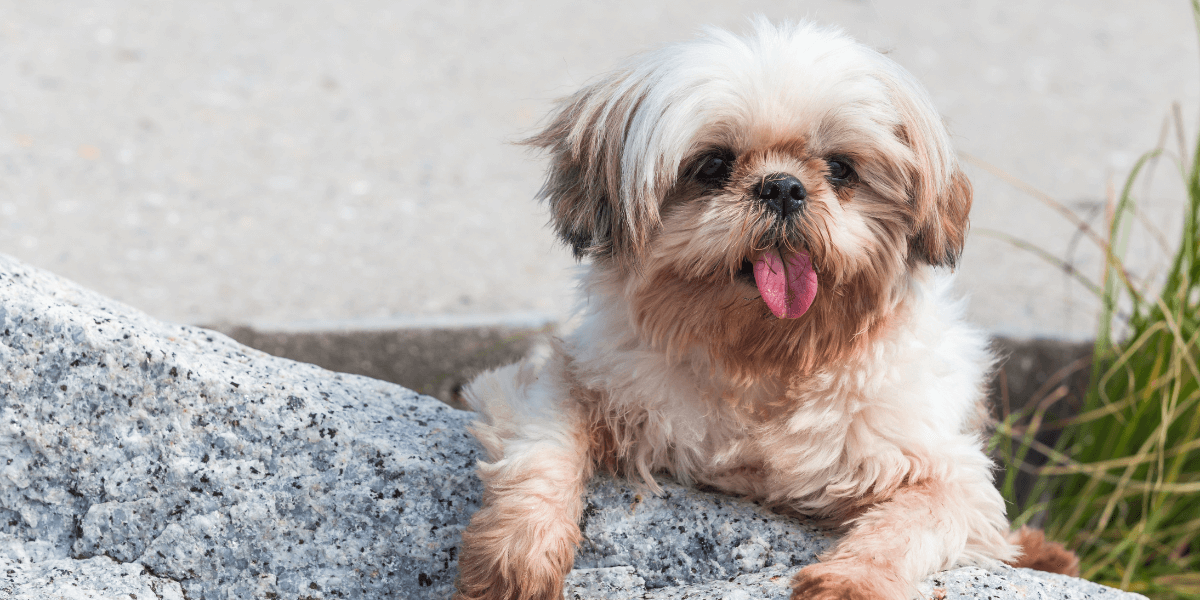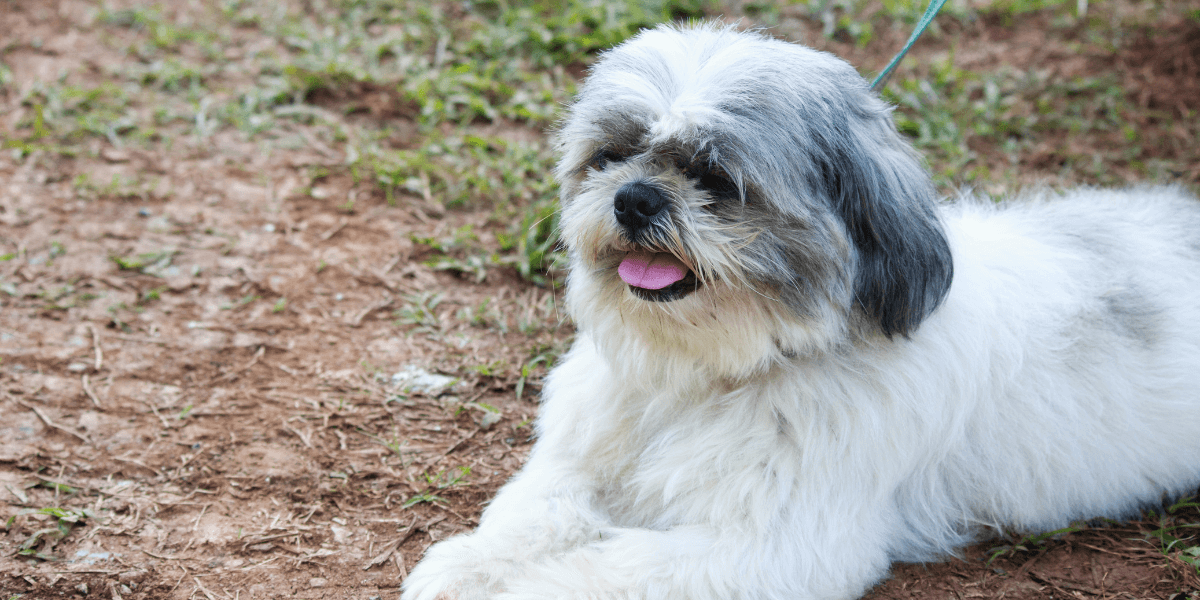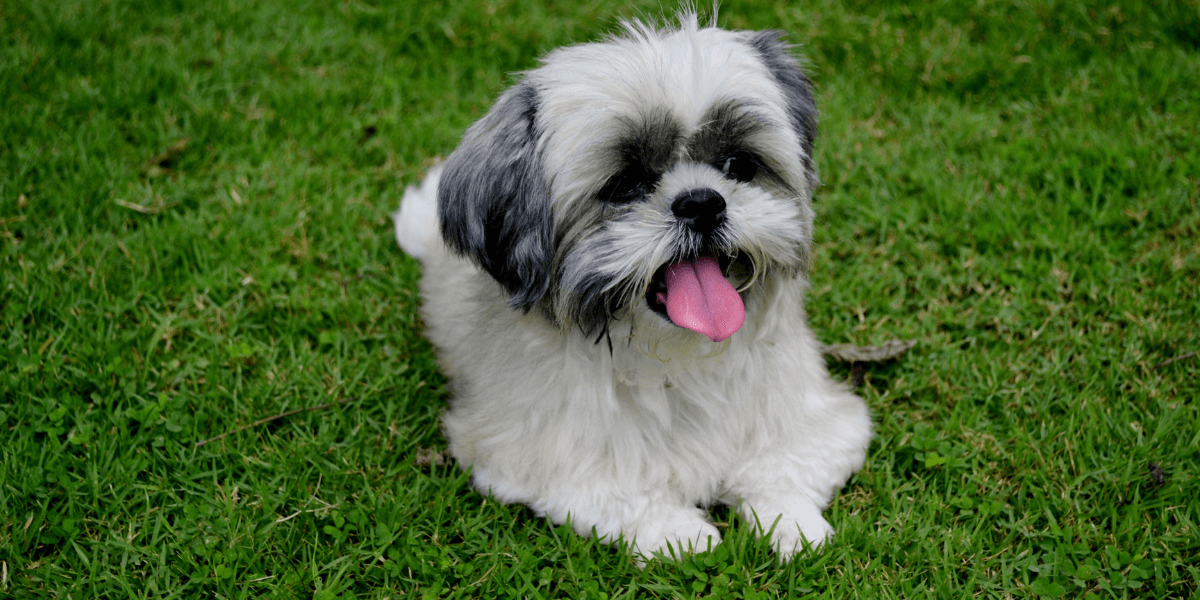Introduction
Health Concerns for Shih Tzu: owners must know to ensure a healthy life for their dogs.
- Shih Tzus have unique health risks; understanding them is key to proper care
- Early recognition of symptoms can prevent serious health issues in your Shih Tzu
- Proper care and regular vet visits are essential for managing Shih Tzu health concerns
- This guide covers the top 10 health concerns for Shih Tzu and how to prevent them
1. Brachycephalic Airway Syndrome
Shih Tzus are brachycephalic dogs, meaning they have short, flat faces.
Key Points:
- Symptoms: Snoring, difficulty breathing, especially during exercise, and heat intolerance
-
Prevention & Care:
- Avoid over-exercising your Shih Tzu in hot weather
- Maintain a healthy weight to reduce the strain on their respiratory system
- Consult a vet if you notice persistent breathing issues
2. Dental Issues
Dental disease is common in Shih Tzus due to their small mouths.
Key Points:
- Symptoms: Bad breath, red or swollen gums, difficulty eating, and tooth loss
-
Prevention & Care:
- Brush your Shih Tzu’s teeth daily with dog-safe toothpaste
- Provide dental chews and toys to help clean their teeth naturally
- Schedule regular dental check-ups with your vet
3. Eye Problems
Shih Tzus are prone to various eye conditions due to their prominent eyes.
Key Points:
- Symptoms: Watery eyes, redness, squinting, or cloudiness in the eye
-
Prevention & Care:
- Keep the hair around their eyes trimmed to prevent irritation
- Regularly clean their eyes with vet-recommended solutions
- Seek veterinary care immediately if you notice any changes in their eyes
4. Ear Infections
Shih Tzus have floppy ears that can trap moisture, leading to frequent ear infections.
Key Points:
- Symptoms: Scratching at the ears, head shaking, and discharge from the ears
-
Prevention & Care:
- Regularly check and clean your Shih Tzu’s ears with a vet-recommended cleaner
- Keep their ears dry, especially after baths or swimming
- If an infection occurs, your vet may prescribe medication to clear it up quickly
Learn how to prevent and manage hip dysplasia in your Shih Tzu with expert tips and care strategies.
5. Hip Dysplasia
Genetic condition that can affect Shih Tzus, leading to arthritis.
Key Points:
- Symptoms: Lameness, difficulty getting up, reluctance to climb stairs
-
Prevention & Care:
- Maintain a healthy weight for your Shih Tzu to reduce pressure on the hips
- Provide joint supplements as recommended by your vet
- Regular, low-impact exercise like swimming can help keep joints healthy
6. Allergies
Shih Tzus are prone to allergies, which can manifest as skin issues or ear infections.
Key Points:
- Symptoms: Itching, redness, recurrent ear infections, and digestive upset
-
Prevention & Care:
- Identify and avoid allergens, whether food-based or environmental
- Use hypoallergenic shampoos and grooming products
- Consult your vet for allergy testing and appropriate treatment options
Understand common health issues in Shih Tzus and how to address them effectively for a healthier pet.
7. Hypothyroidism
The thyroid gland doesn't produce enough hormones, can affect Shih Tzus.
Key Points:
- Symptoms: Weight gain, lethargy, hair loss, and skin infections
-
Prevention & Care:
- Regular veterinary check-ups can help detect hypothyroidism early
- If diagnosed, thyroid hormone replacement therapy can manage the condition
- Monitor your Shih Tzu's weight and energy levels regularly
8. Patellar Luxation
Patellar luxation is a common orthopedic problem in small breeds like Shih Tzus.
Key Points:
- Symptoms: Limping, skipping steps, or an abnormal gait
-
Prevention & Care:
- Regular exercise to strengthen the muscles around the knee
- Maintain a healthy weight to reduce stress on the joints
- In severe cases, surgery may be required to correct the condition
Discover the best dietary practices to support your Shih Tzu's joint health and overall well-being.
9. Skin Issues
Shih Tzus are prone to skin problems such as dermatitis, hot spot, and fungal infections.
Key Points:
- Symptoms: Red, inflamed skin, hair loss, constant scratching, and scabs
-
Prevention & Care:
- Regular grooming to keep their coat clean and free of mats
- Use vet-approved shampoos and conditioners to maintain healthy skin
- Consult a vet if skin issues persist to determine the underlying cause
10. Obesity
Shih Tzus can easily gain weight, which exacerbates many of the health issues.
Key Points:
- Symptoms: Excessive weight gain, difficulty breathing, and decreased energy levels
-
Prevention & Care:
- Feed your Shih Tzu a balanced diet with the correct portion sizes
- Incorporate regular exercise into their routine to keep them active
- Regularly monitor their weight and adjust their diet as necessary
FAQs
1. What are common Health Concerns for Shih Tzu?
- Breathing, eye, and skin problems
2. How to prevent Health Concerns for Shih Tzu?
- Regular vet visits and a balanced diet
3. Are Shih Tzus prone to breathing problems?
- Yes, due to their short noses
4. How can I care for my Shih Tzu's eyes?
- Clean daily to avoid infections
5. What diet helps prevent Shih Tzu health concerns?
- High-quality, balanced nutrition
6. How often should I groom my Shih Tzu?
- Daily brushing and regular trims
7. When should I see a vet for Shih Tzu issues?
- At any sign of distress or pain
Conclusion
- Addressing Health Concerns for Shih Tzu ensures a happier, healthier life for your dog
- Regular vet check-ups are key to preventing and managing Shih Tzu health issues
- Early detection of symptoms leads to more effective treatment and better outcomes
- Proper diet, exercise, and grooming help minimize common Shih Tzu health risks
- Stay informed and proactive in caring for your Shih Tzu's unique health needs
Don’t forget to share this post with fellow Shih Tzu owners and leave your comments!
References
For more information on Health Concerns for Shih Tzu, check:
- Common Causes of Hip and Joint Pain in Dogs?
- Shih Tzu Common Health Issues
- Shih Tzu Health: General Health & Serious Issues
- Shih Tzus: The Ultimate Guide to Shitzu Dogs & Puppies
- The Best Joint Supplements for Dogs with Hip and Joint Pain
Thank you!













